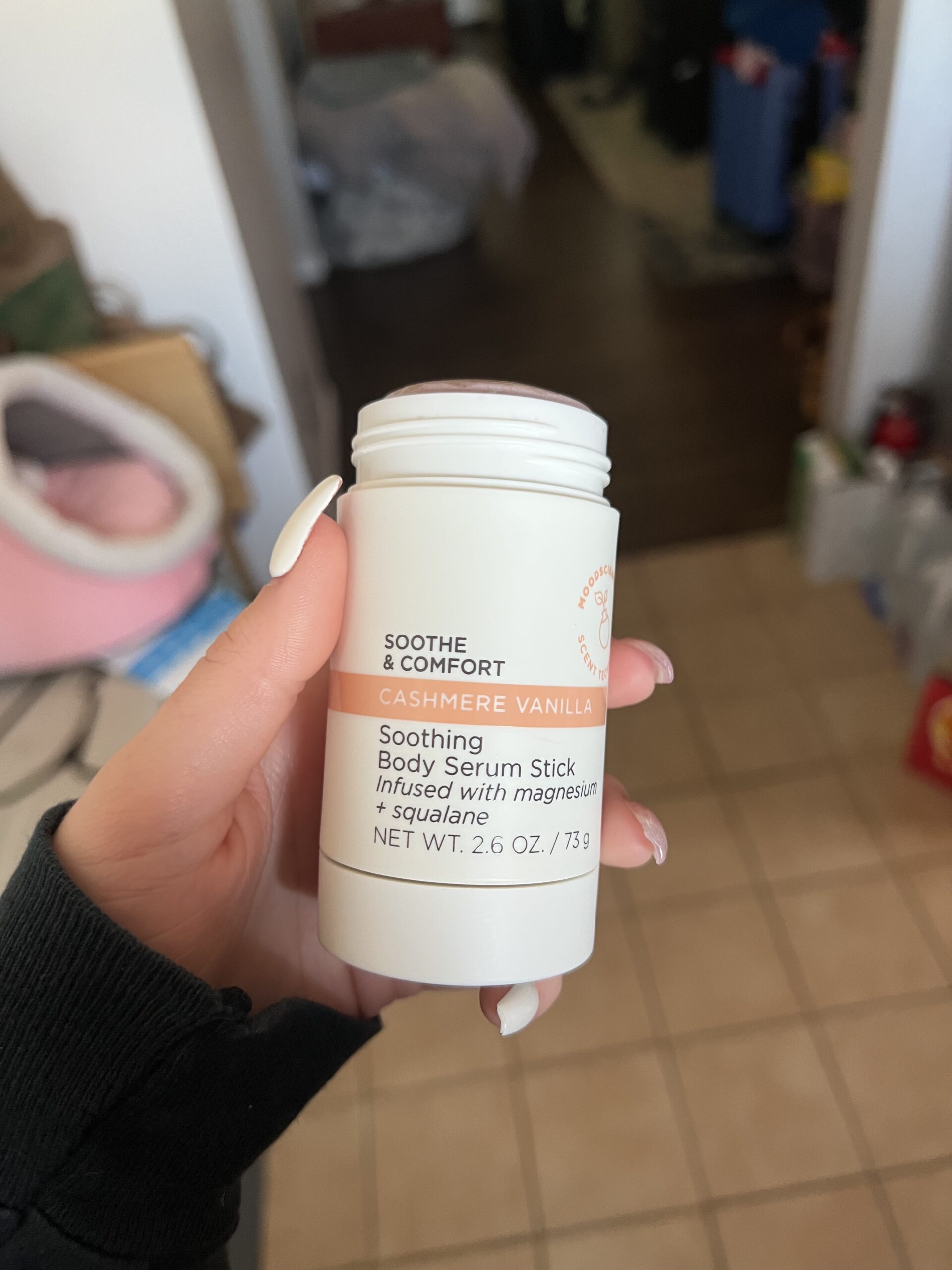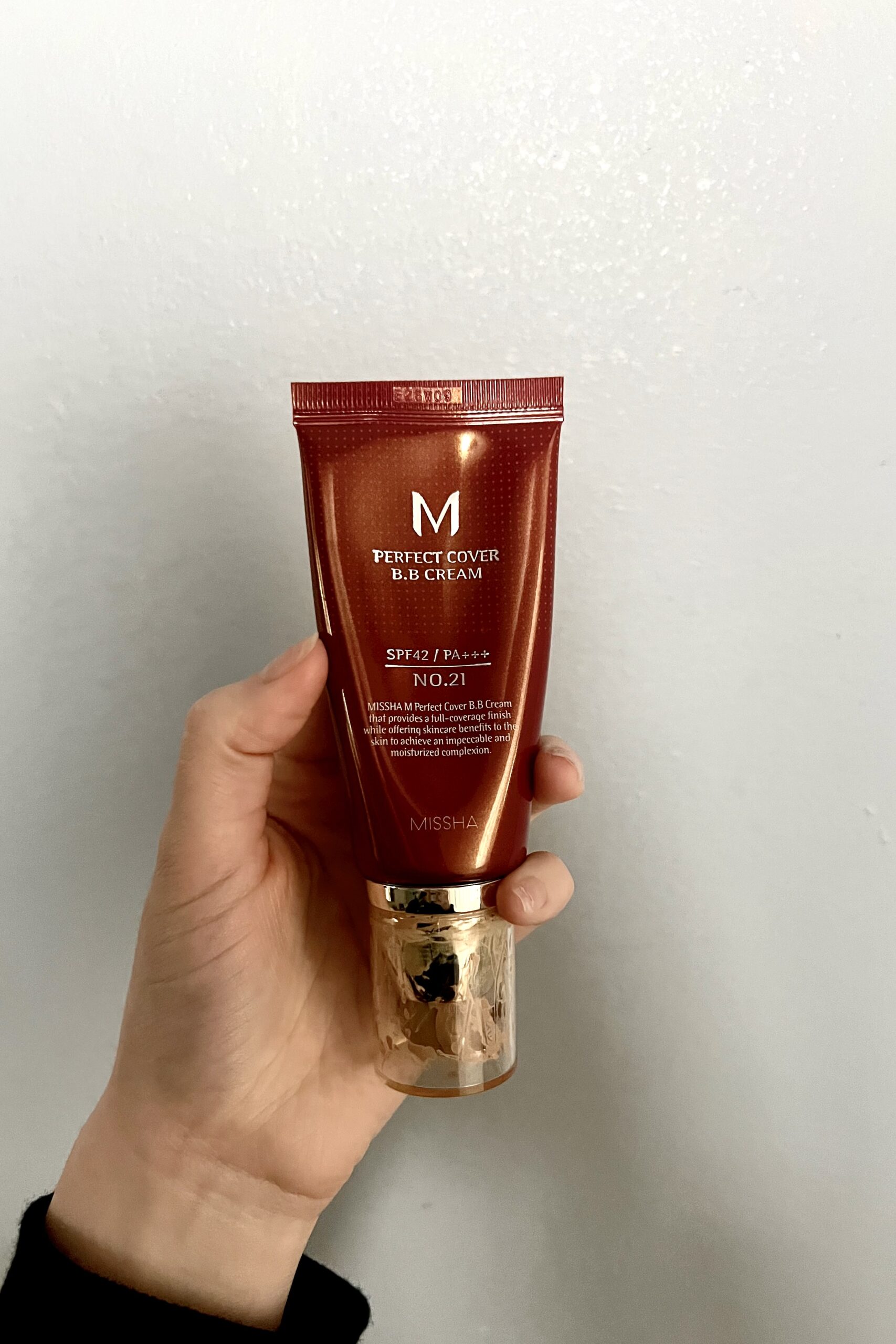Understanding Whole Foods Magnesium
Introduction
Magnesium, an essential mineral for our well-being, plays a pivotal role in numerous bodily functions. From supporting muscle and nerve function to regulating blood pressure, its significance cannot be overstated. The source of magnesium matters, and one increasingly popular approach is obtaining it from whole foods. This article delves into the merits of this method and provides a comprehensive guide to incorporating magnesium-rich whole foods into your diet.
Why Whole Foods for Magnesium?
Benefits of Whole Foods:
- Whole foods offer a natural and balanced form of magnesium, accompanied by a myriad of other essential nutrients. These nutrients work synergistically, enhancing overall health.
- Unlike supplements, which may lack the co-factors present in whole foods, obtaining magnesium from natural sources ensures optimal absorption and utilization by the body.
Top 10 Whole Foods High in Magnesium
1. Spinach:
- Rich in magnesium, spinach is a versatile leafy green that can be enjoyed in salads, smoothies, or as a side dish.
2. Almonds:
- A delicious and crunchy snack, almonds are packed with magnesium, making them a convenient option for a midday energy boost.
3. Avocado:
- Besides providing healthy fats, avocados contain magnesium, adding a nutritional punch to your meals.
4. Bananas:
- A potassium-rich fruit, bananas also contribute a noteworthy amount of magnesium, making them an excellent addition to your diet.
5. Quinoa:
- As a magnesium-rich whole grain, quinoa is a fantastic alternative to traditional grains, perfect for salads or as a side dish.
6. Black Beans:
- Incorporating black beans into your diet not only adds magnesium but also provides a good source of protein and fiber.
7. Dark Chocolate:
- A treat with benefits, dark chocolate contains magnesium and antioxidants, but moderation is key.
8. Figs:
- Figs are a naturally sweet way to boost magnesium intake, whether fresh or dried.
9. Salmon:
- This fatty fish not only offers omega-3 fatty acids but is also a great source of magnesium.
10.Broccoli:
A cruciferous vegetable, broccoli contributes magnesium while delivering a range of other essential nutrients.

Cooking Tips for Magnesium-Rich Whole Foods
Incorporating Magnesium-Rich Whole Foods:
- Experiment with salads, smoothies, and snacks to seamlessly include magnesium-rich whole foods in your daily meals.
Simple Recipes:
- Try roasted almonds as a topping or add spinach to your morning omelet for a nutrient-packed breakfast.
Cooking Methods:
- Opt for steaming or sautéing instead of boiling to retain the maximum magnesium content in your whole foods.
Absorption Factors
Factors Affecting Absorption:
- Magnesium absorption can be influenced by factors such as the presence of other minerals like calcium and potassium in whole foods.
Enhancing or Inhibiting Absorption:
- Combining magnesium-rich foods with vitamin C-rich options, like citrus fruits, can enhance absorption. Conversely, excessive consumption of fiber may hinder absorption.
Health Benefits and Risks of Whole Foods Magnesium
Health Benefits of Whole Foods Magnesium
Exploring Health Benefits:
- Whole foods magnesium offers a holistic approach to health, supporting a range of bodily functions, including muscle and nerve function, energy production, and bone health.
References:
- Explore the National Institutes of Health’s fact sheet on Magnesium for an in-depth understanding of its health benefits.
- Refer to research studies and expert opinions to substantiate the positive impact of whole foods magnesium.
Balancing Magnesium Intake
Importance of Balance:
- Maintaining a balance in magnesium intake is crucial for overall health. While magnesium is essential, excessive consumption can lead to adverse effects.
Symptoms of Magnesium Deficiency
Identifying Deficiency Symptoms:
- Common symptoms of magnesium deficiency include muscle cramps, fatigue, and abnormal heart rhythms. Recognizing these signs is vital to maintain a long-term health journey.
Safety Precautions and Risks
Understanding Risks:
- While whole foods magnesium is generally safe, it’s essential to be aware of potential risks, especially for individuals with certain health conditions.
Safety Precautions:
- Learn about safety precautions associated with magnesium intake and consider consulting a healthcare professional if needed.
FAQs Section
- Q: Can I get enough magnesium from a vegetarian or vegan diet?
- A: Yes, by incorporating whole foods such as nuts, seeds, and leafy greens, a vegetarian or vegan diet can provide sufficient magnesium.
- Q: Is cooking whole foods the best way to preserve magnesium?
- A: Cooking methods matter; while some loss may occur, choosing methods like steaming or sautéing can help retain magnesium.
- Q: Are there gluten-free options for magnesium-rich whole foods?
- A: Absolutely, gluten-free options include quinoa, nuts, and many fruits and vegetables.
- Q: Can too much magnesium be harmful?
- A: Excessive magnesium intake may lead to diarrhea and, in extreme cases, more severe complications. It’s essential to stay within recommended limits.
- Q: How does magnesium impact heart health?
- A: Magnesium plays a crucial role in maintaining a healthy heart by regulating blood pressure and supporting proper muscle function.
- Q: Are there specific whole foods recommended for managing diabetes?
- A: Yes, incorporating magnesium-rich foods like nuts, leafy greens, and whole grains can contribute to better blood sugar control.
Conclusion
- Embracing whole foods magnesium offers a multifaceted approach to health, addressing deficiencies and promoting overall well-being.
- It’s interesting to explore the numerous benefits of whole foods magnesium and consider incorporating these nutrient-rich options into their daily diets for sustained health.




